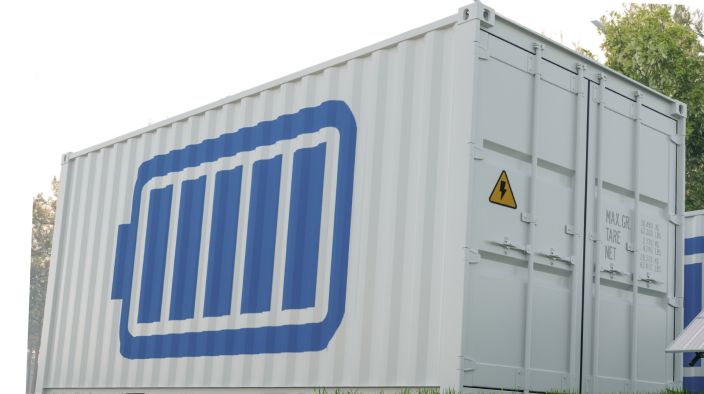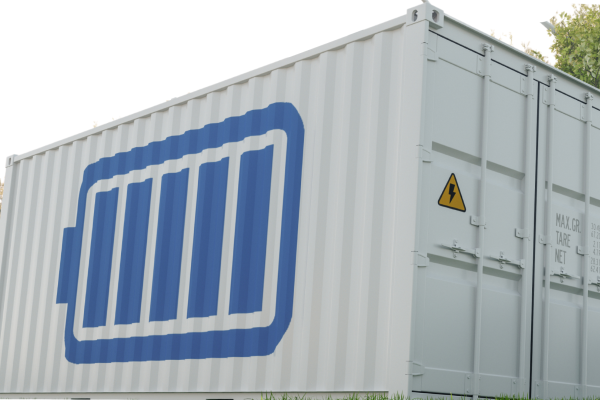
Steamship Mutual
Published: May 11, 2023
Lithium-ion batteries are a growing cause for concern to the marine industry due to their high energy densities and pose a high risk of fire due to thermal runaway. The consequences of such an event can be severe resulting in serious damage to ship, environment, cargo and crew.
The industry has also recognised the enhanced risk from the carriage of lithium-ion batteries as cargo or as components within a wide range of consumer products.
The CINS network consisting of various stakeholders in the supply chain, including the International Group of P&I Clubs, International Cargo Handling Coordination Association (ICHCA), Shipowners, TT Club and other Maritime Industry’s experts have produced a helpful Guideline to address the risks associated with the carriage of Lithium-ion batteries in containers.

As stated in the Guideline, existing standards of safety and regulation have fallen short of addressing the serious risks associated with the carriage of Lithium-ion batteries. Members’ attention is drawn to this useful Guideline.
According to the Guidelines the primary concern associated with the carriage of Lithium-Ion batteries is the thermal runway, a process that can lead to an uncontrolled propagation of heat within the battery assembly, with resulting fires. The Guidelines are intended to highlight the risks that Lithium-Ion batteries can present, providing guidance and suggestions for identifying the risks and ensuring safe carriage of the batteries.
While the Guideline addresses the general classification and regulation for the testing and carriage of lithium-ion batteries, as defined in the UNECE 2021 testing criteria and the IMDG Class 9 hazardous material classification, the Guideline also details appropriate additional measures that should be undertaken by the industry stakeholders.
The Guideline highlights the following as the main risks on board a ship or on shore in the carriage of Lithium-ion batteries:
- Thermal runway
- Ineffectiveness of existing fire suppression systems
- Uncontrollable fire propagation
- Possibility of an explosion under specific circumstance
- Toxicity characteristics
The Guideline provides various measures for the supply chain and ship operators to consider and implement to mitigate against these serious risks.
As detailed in the linked Guideline the measures should include for example selection of the appropriate container, packaging control and verification, seawater ingress protection, temperature and battery management, cargo stowage, segregation of certain cargo types and the state of charge when the batteries are carried.
There are also concerns that the firefighting systems on board container ships, whilst complying with the current regulations may be inadequate to fight lithium-ion battery fires. With this in mind, the Guideline recommends that the stowage of these specific containers should consider safe access in the event of fire to facilitate the application fire suppression systems and boundary cooling.
In addition, the Guideline also provides loss prevention measures that could be implemented by the industry stakeholders including training of personnel and emergency response guidance such as firefighting and suppression procedures. The Guideline encourages the development of effective standard operating procedures for the handling, storage and carriage of Lithium-ion batteries, while emphasising the need for Knowing Your Customer (KYC) to ensure their compliance with the procedures.
The members are encouraged to share the Guidelines with their fleet and all other stakeholders involved in the carriage of Lithium-Ion Batteries in containers supply chain.
The Cargo Incident Notification System (CINS) Network have asked all stakeholders in the container industry to review these Guidelines carefully, to determine if they can be implemented and applied to their specific operation. Based on the stakeholder feedback provided the Guideline will be subject to review in September 2023.
For further information please contact the Loss Prevention Department. Steamship Insurance Management Services Ltd. Tel: +44 20 7247 5490



